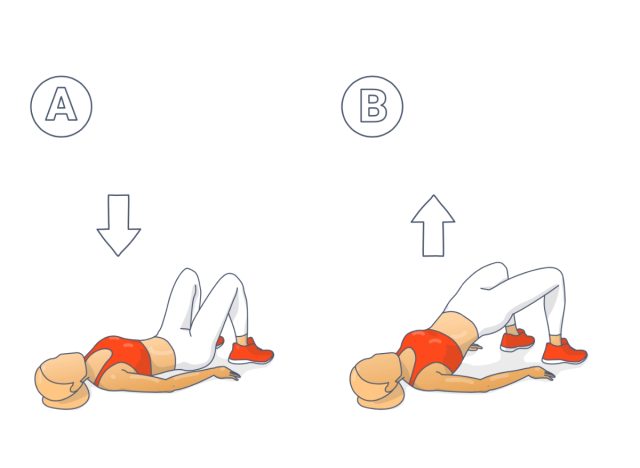
Managing stress can help us feel less overwhelmed and improve our mental and physical health.
A state of worry or mental tension generated by any challenging situation is classified as stress. Stress is a natural human response that motivates us to deal with life problems and risks. To some extent, everyone is stressed. However, how we respond to stress significantly impacts our general well-being. A bit of stress is beneficial and can assist us in executing our everyday tasks. Managing stress can help us feel less overwhelmed and improve our mental and physical health.
Chronic Stress
- The exact mechanism of how chronic stress affects the heart is not known. Most likely, stress causes inflammation, which is a known cause of heart disease. Stress may have a more subtle impact on heart disease. Excessive and pervasive stress can directly impact heart health, resulting in high blood pressure and higher cholesterol levels. Indirect effects include smoking, overeating, eating unhealthy foods, and engaging in less physical activity, negatively influencing physical health and functioning.
- Many of the activities you enjoy can also provide considerable obstacles at times. Everyone requires a little stress to motivate them to face daily obstacles and eventually encourage healthy functioning in everyday life. Stress management improves focus and concentration, enables you to connect more with others, and promotes excellent health. Recognize stressors in your life and pursue these four methods.
Dr C. Santosh Kumar, Consultant Cardiologist, Yashoda Hospitals, Hyderabad, to address the following:
READ RELATED: 10 Best Cheap Red Wines That Taste Expensive, According to Sommeliers
- Regular exercise. It can alleviate stress, tension, anxiety, and sadness. Consider going for a nature walk, meditation, or yoga.
- Maintaining a daily routine. A routine may assist us in better managing our time and feeling more in control. Schedule regular meals, family time, exercise, daily tasks, and other recreational activities.
- Making time to spend with friends and family. It is critical to maintain social connections and communicate with people you trust. Connecting with family and friends might make us feel better and less anxious.
- Getting adequate rest. Getting enough sleep is essential for both the body and the mind. Sleep rejuvenates, relaxes, and heals our bodies, and it can help us cope with stress.
Sleep Hygiene
- Be consistent to sleep at the same time each night and get up at the same time each morning.
- Create a sleeping environment that is calm, dark, soothing, and at a comfortable temperature.
- Before sleeping, limit your use of electronic devices.
- Being physically active during the day and avoiding large meals, caffeine and alcohol before bedtime.
Conclusion
Maintaining a positive attitude and practising relaxation techniques while listening to music. Finding a stimulating, enjoyable pastime might help you forget your negative thoughts or anxieties. Less time spent following the news on television or social media may cause stress. If watching the news causes stress, limit your time watching it.
Total Wellness is now just a click away.
Follow us on
Don’t Miss Out on the Latest Updates.
Subscribe to Our Newsletter Today!
window.addEventListener(‘load’, (event) => {
$(‘#commentbtn’).on(“click”,function(){
(function(d, s, id) { var js, fjs = d.getElementsByTagName(s)[0]; if (d.getElementById(id)) return; js = d.createElement(s); js.id = id; js.src = “//connect.facebook.net/en_US/sdk.js#xfbml=1&version=v2.3”; fjs.parentNode.insertBefore(js, fjs);}(document, ‘script’, ‘facebook-jssdk’));
$(“.cmntbox”).toggle();
});
});










